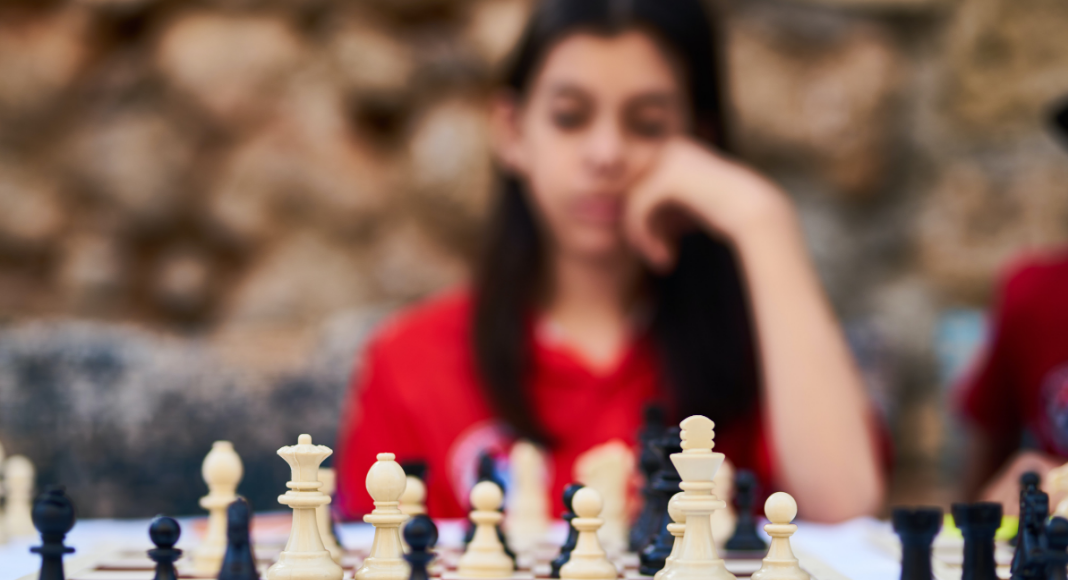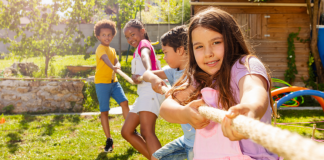Board games have many levels of enjoyment; a shared activity, entertainment, and always an opportunity to learn by incorporating mental, physical and conceptual practice.
Mentally
Turn-taking, one-to-one counting, number recognition, deductive reasoning, and sportsmanship are just some of the many mental engagement board games offer.
Physically
Many dexterity games have elements of movement, but almost every game incorporates some physical piece. Fine and gross motor skills can be found all over gaming. Rolling dice (not too hard or not hard enough) is a great example of games teaching through physical movement. A proud moment of my childhood was learning to riffle shuffle. Randomizing cards (pile, granny, or overhand shuffling) is a tactile game experience.
Conceptually
Loads of games have ties to historical and educational times, places, or ideas. Some are marketed as educational (and can still be quite entertaining). Others can be abstract or fictional but still offer opportunities for investigation and mastery of subjects. Great games can be quite an inspiration with great art and gameplay.
With the increased opportunity for family time, making it game time has many added educational benefits. Gameschooling, using board games as educational tools, is an easy and accessible way for every family situation.













